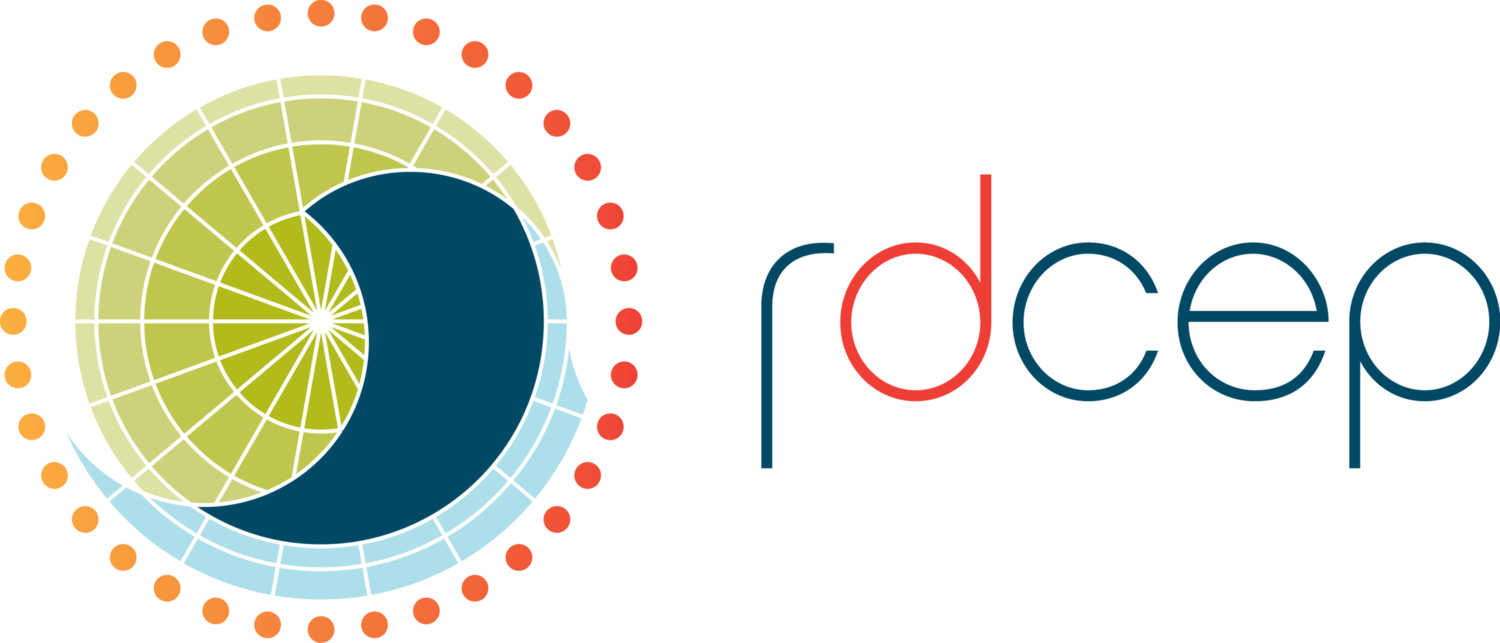InterSectoral Impacts Model Intercomparison and Improvement Project
/The Inter-Sectoral Impact Model Intercomparison Project uses a community-driven modeling effort in order to bring together impact models across sectors and scales for creating consistent and comprehensive projections of the impacts of different levels of global warming. The goal is to provide cross-sectoral global impact assessments, which is based on the Representative Concentration Pathways (RCPs) and Shared Socio-Economic Pathways (SSPs) scenarios. Based on these common background scenarios, a quantitative estimate of impacts using policy-relevant and society-focused metrics, and uncertainties for different sectors and from multiple impact models will be derived.
Hotspots where severe impacts are experienced in two (orange) and three (red) overlapping sectors.
Studies of mitigation pathways and strategies show that limiting global warming to 2° is much more ambitious and costly than a 3°. However, little is known of the quantitative differences between impacts of different levels of global warming, not to mention how impacts in different may interact and potentially amplify one another.
In order to provide an estimate of the differential impacts of climate change, research is required to improve our fragmented knowledge and large uncertainties. A global, cross-sectoral, quantitative synthesis of climate impacts, including consistent estimates of uncertainties, is missing so far.
Furthermore, a better, quantitative understanding of impacts will enable the derivation of efficient impact emulators, which can in turn be employed to enhance integrated assessment studies.
People
Joshua Elliott | Ian Foster | Michael Glotter | Neil Best | David Kelly
Publications












